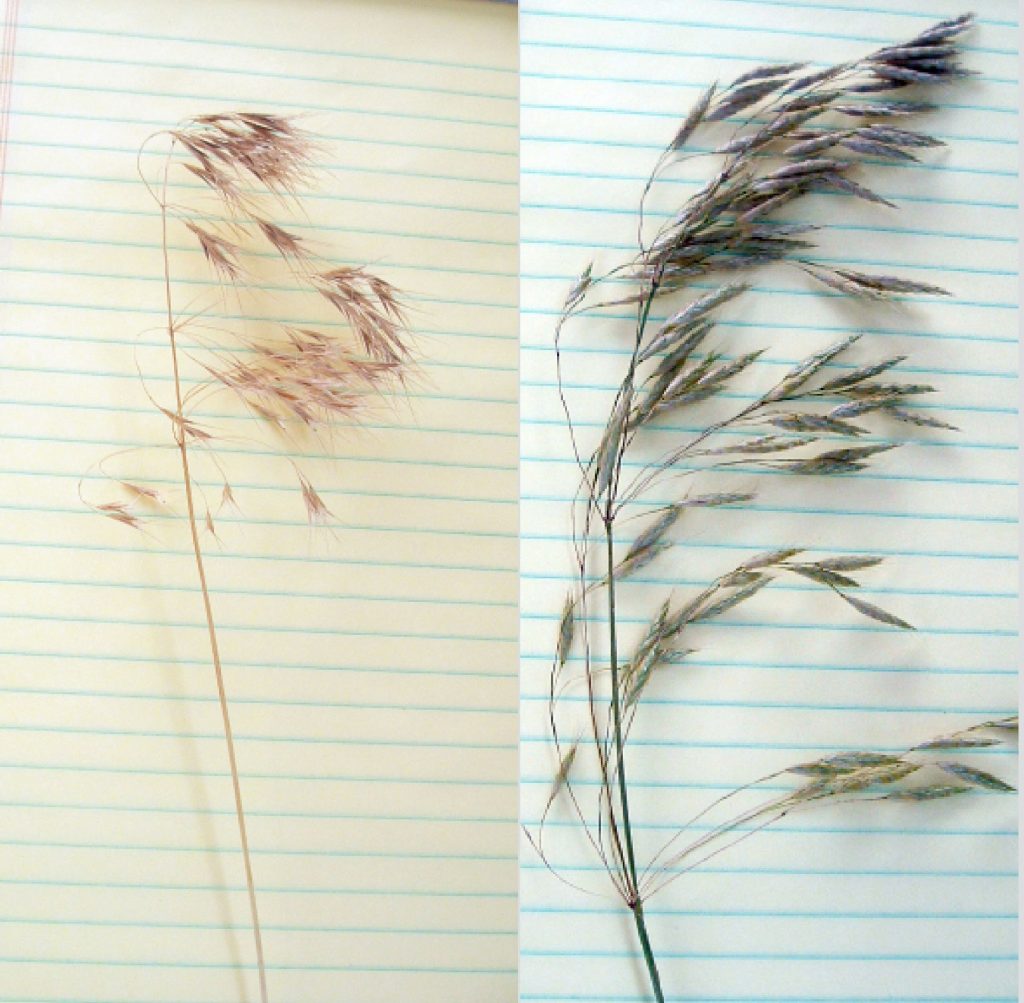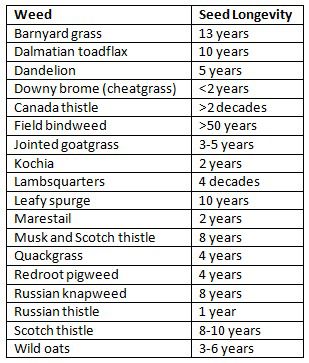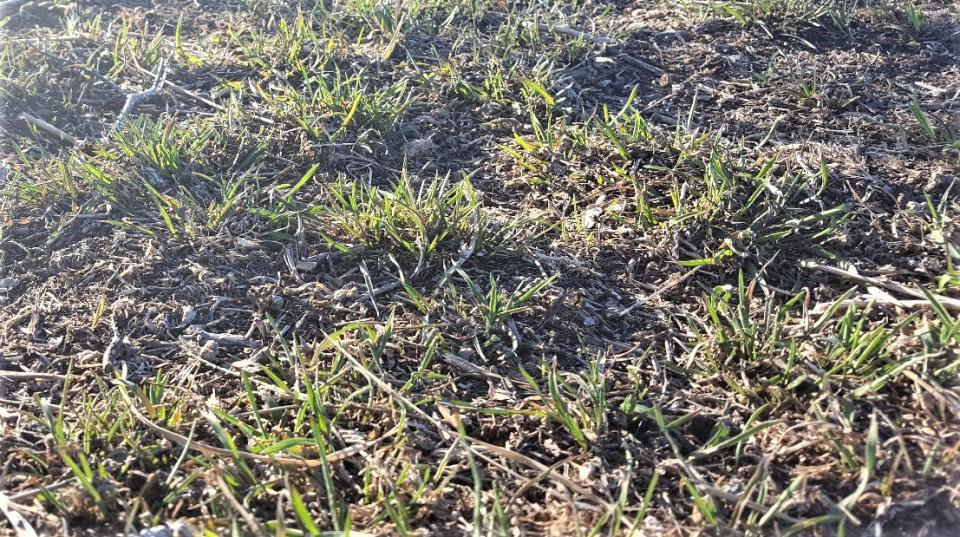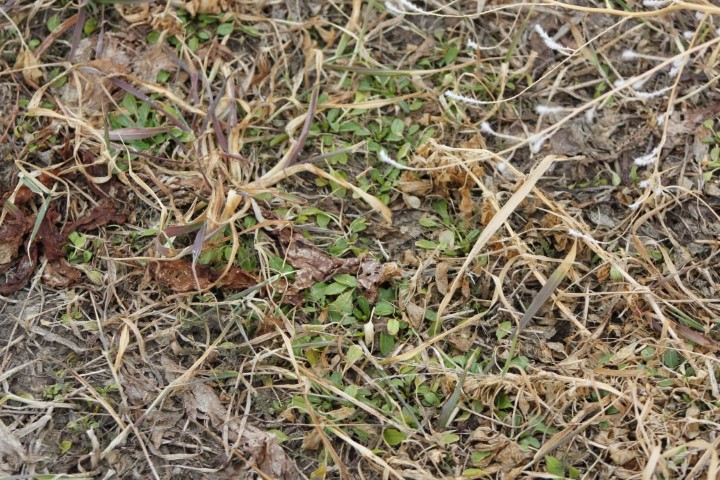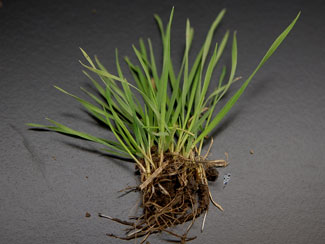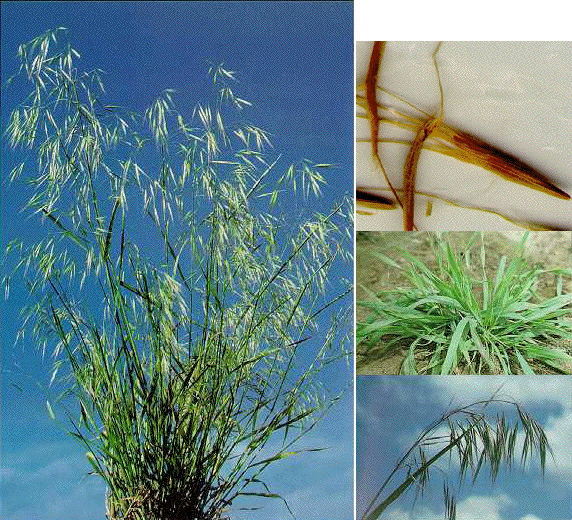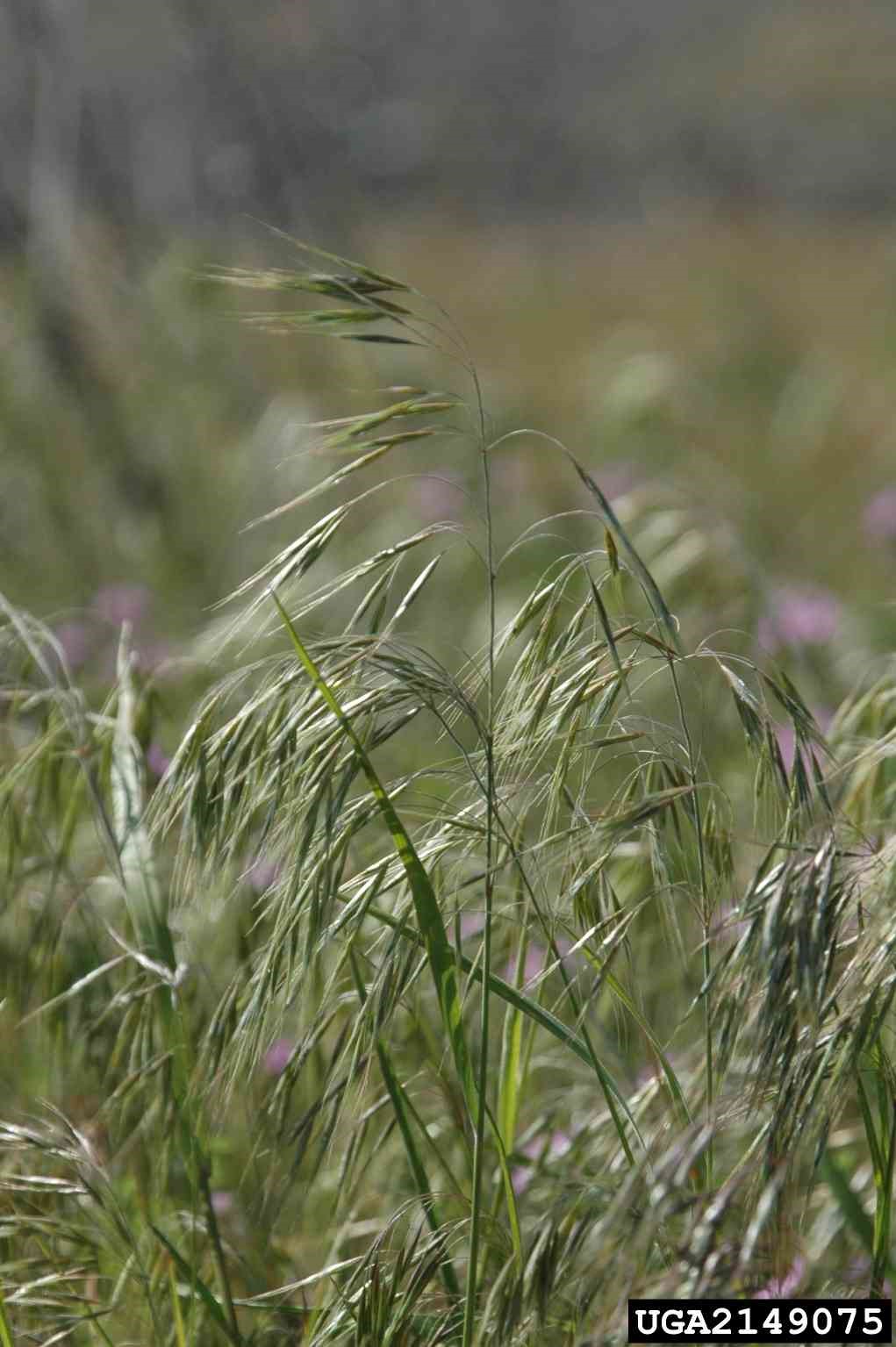Downy Brome Seed Dormancy

Reproduction is by seed and seedling plants must be vernalized to produce seed.
Downy brome seed dormancy. Downy brome seeds that are dispersed in the seedbed in topoedaphic situations that are not favorable for germination may acquire dormancy young et al. However seedlings can emerge from a 4 inch depth. Upon dispersal downy brome seeds are usually at least conditionally dormant and lose dormancy through dry after ripening meyer et al. Research shows that fall burning after each winter wheat crop in a stubble mulch wheat fallow rotation from 1931 through 1992 resulted in about 75 fewer downy brome seeds in the.
A downy brome density of 50 plants per. The effect of burning on the downy brome seed bank in a long term experiment has been studied at the columbia basin agricultural research center near pendleton ore. Downy brome may. Primary seed dormancy contrary to the belief that primary dormancy is near complete a significant percent of seed is non dormant at seed drop figure 5.
Bromus tectorum has been introduced to southern russia west central asia north america japan south africa australia new zealand iceland and greenland. However seedlings have emerged from a 4 inch depth in western nebraska. Downy brome reproductive phenology is largely determined by the unpredictable annual weather. It is especially troublesome in alfalfa winter wheat fallow rotations continuous winter wheat rangeland waste areas roadsides shelterbelts fence rows and railroad rights of way.
Downy brome an obligately selfing winter annual has invaded a variety of habitats in western north america. Some seeds will remain viable more than two years when placed near the soil surface because of natural dormancy or unfavorable conditions for germination. A cquired seed dormancy. Downy brome bromus tectorum l is found throughout nebraska and is one of the most serious weeds in western nebraska lack of control can be costly to both crop and livestock producers.
Downy brome usually begins growing in the fall or early spring. Tectorum had spread to all parts of the united states including hawaii and alaska except for. In medium textured soils the optimum seed depth for downy brome emergence is less than 1 inch. It was first found in the united states where it is known as downy brome or cheatgrass in 1861 in new york and pennsylvania and by 1928 b.
In medium textured soils the optimum seed depth for downy brome emergence is less than 1 inch. A period of after ripening time reduces primary dormancy by the first fall winter. Downy brome is known by a variety of names including cheatgrass cheatgrass brome downy bromegrass military. Dormancy or unfavorable conditions for germination.



